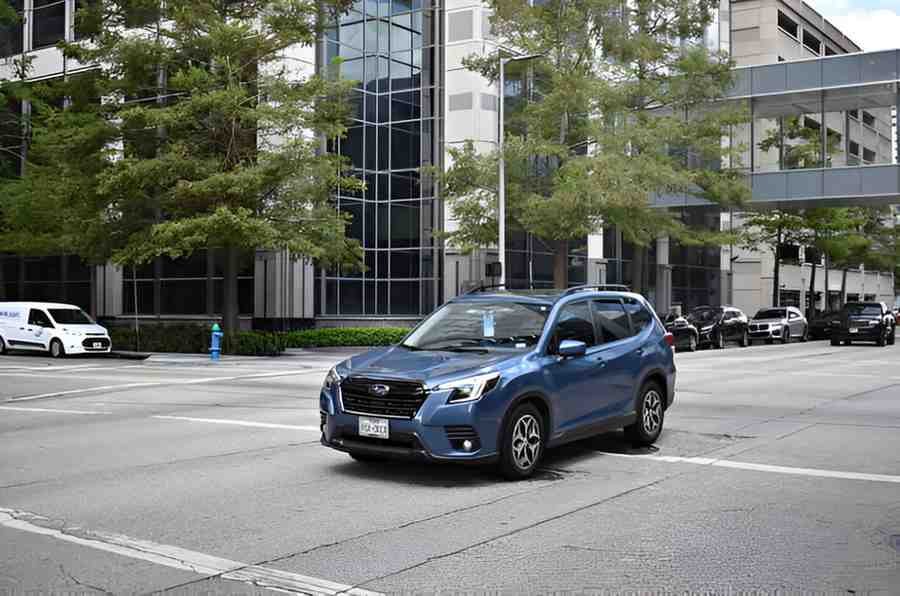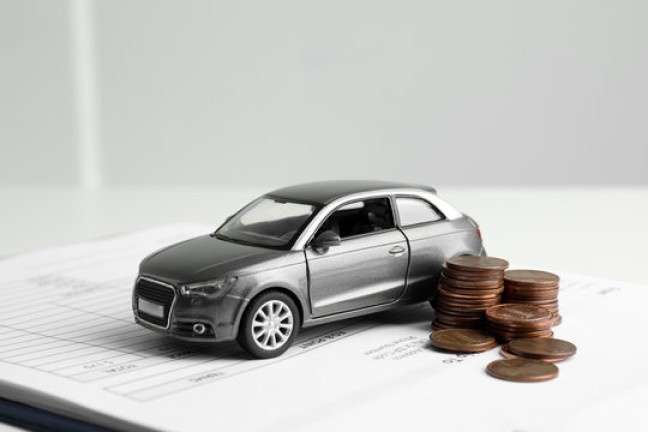Introduction
When looking to finance a used car, you may find that many banks and credit unions have restrictions on vehicle age. If you’re considering a car that’s more than ten years old, finding a lender becomes challenging. However, some financial institutions specialize in loans for older cars. This article explores banks and credit unions that offer such loans, compares their terms, and provides examples to help you make an informed decision.
Table of Contents
Why Financing an Older Car is Difficult
Banks impose limits on vehicle age and mileage to reduce risk. Older cars have lower resale values and higher chances of mechanical failure, making them risky for lenders. As a result, many major banks refuse loans for cars older than ten years, or they charge high-interest rates.
Banks and Credit Unions That Offer Loans for Older Cars
| Bank/Credit Union | Max Vehicle Age | Max Mileage | Interest Rate (Approx.) | Loan Term | Notes |
|---|---|---|---|---|---|
| PenFed Credit Union | 12 years | 125,000 miles | 5.49% – 8.99% | Up to 60 months | Requires membership |
| Navy Federal Credit Union | No set limit | Case-by-case | 4.99% – 10.99% | Up to 84 months | For military personnel and families |
| Bank of America (Private Party Loan) | No set limit | Case-by-case | 5.19% – 9.99% | Up to 60 months | Only for private sales |
| LightStream (Division of SunTrust) | No limit | No limit | 6.99% – 10.99% | 24-84 months | Requires excellent credit |
| America First Credit Union | 15 years | 150,000 miles | 4.74% – 9.99% | Up to 72 months | Best for older classic vehicles |
| U.S. Bank | 10-12 years | 100,000+ miles | 6.19% – 11.99% | Up to 60 months | Varies by state |
Loan Terms Breakdown
Older cars usually come with higher interest rates. Most banks prefer newer models because they serve as better collateral. If you’re considering financing a 12-year-old car, expect rates above 6% unless you have an excellent credit score.
Example Loan Calculations
To illustrate how much you might pay, let’s consider different loan scenarios:
| Loan Amount | Interest Rate | Term | Monthly Payment |
|---|---|---|---|
| $10,000 | 5.99% | 48 months | $235.57 |
| $15,000 | 7.49% | 60 months | $300.34 |
| $20,000 | 9.99% | 72 months | $366.58 |
These figures assume fixed interest rates and no down payment. If you make a larger down payment, your monthly costs decrease.
How to Improve Loan Approval Odds
- Improve Your Credit Score: Lenders offer better rates to borrowers with higher credit scores.
- Make a Larger Down Payment: A down payment reduces the loan amount and lender risk.
- Find a Co-Signer: If you have poor credit, a co-signer with strong credit can help secure a loan.
- Apply with Credit Unions: Credit unions often have more flexible lending policies than traditional banks.
- Show Proof of Maintenance: If you’re buying a well-maintained car, some lenders may consider that in their decision.
Alternatives to Bank Financing
- Personal Loans: If you can’t secure an auto loan, a personal loan may work. However, rates are usually higher.
- Buy Here, Pay Here Dealerships: Some dealerships finance older cars but often charge high-interest rates.
- Home Equity Loans: If you own a home, a home equity loan might offer a lower interest rate.
- Peer-to-Peer Lending: Platforms like LendingClub or Prosper may finance older cars if you qualify.
Final Thoughts
Financing a car older than ten years requires research and careful planning. Credit unions, smaller banks, and alternative lenders provide options where major banks may not. Understanding interest rates, loan terms, and lender requirements helps you secure the best deal. If financing proves difficult, considering alternative funding sources may be a practical solution.





